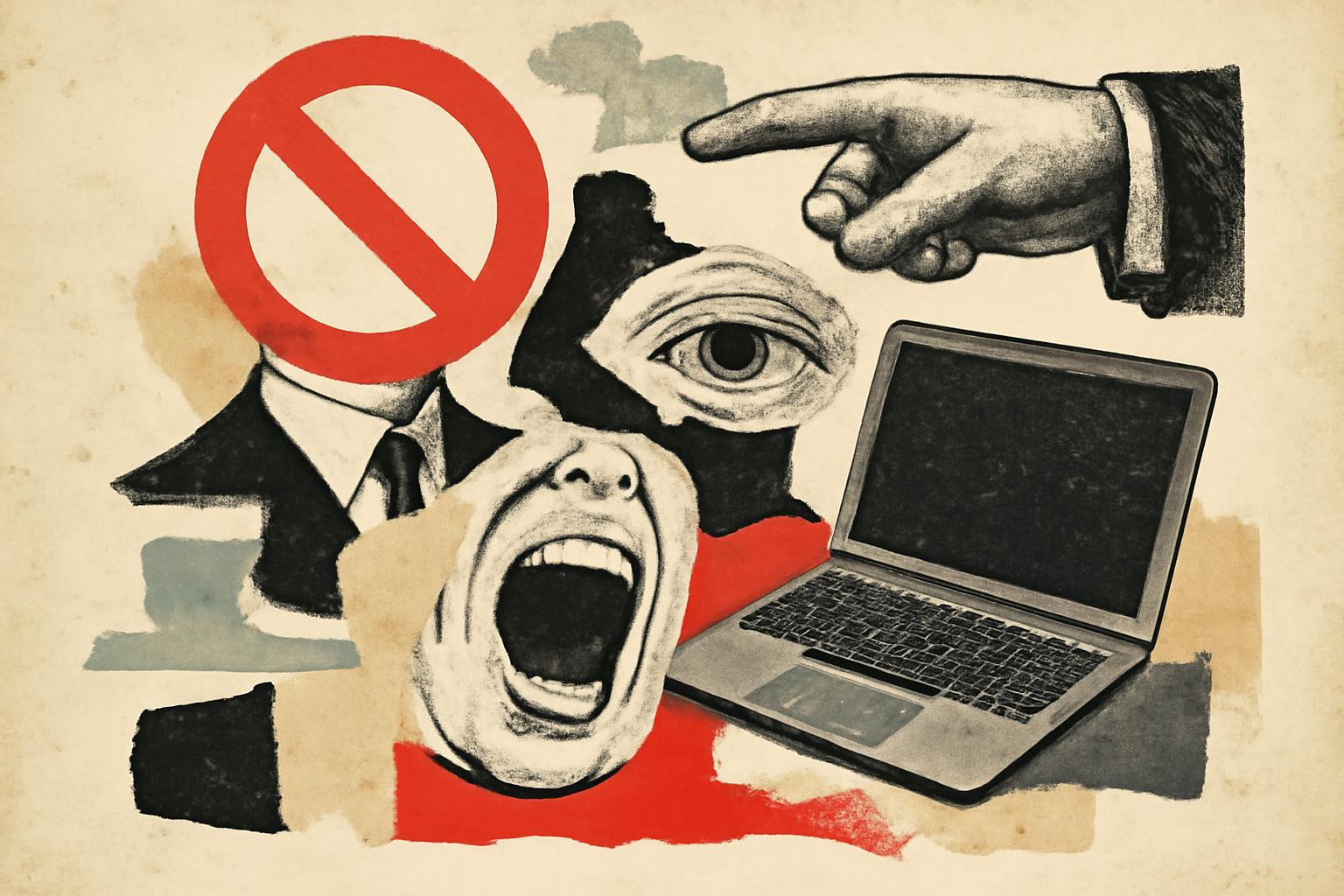Instead of addressing the real issue—the dangerous mixing of collectivist thinking and the chilling possibilities of advanced technology—statists rush with predictable cries for more regulation, more political pressure, and more state intervention in both speech and online association. The collectivist urge is always to control, to centralize decision-making, to turn every societal ill into an excuse for policing thought and behavior. They see platforms like TikTok and Instagram as their next territory to seize under the guise of protecting the vulnerable.
But the moment we let bureaucrats—who, unlike market actors, bear little or no real accountability—decide what speech is permissible, we hand over our last defenses against tyranny. Hayek warned us about the hubris of central planners: they do not and cannot know what is best for society, and their interventions almost always create more problems than they solve. Mandated removal of content, algorithmic tampering by legislative diktat, and age restrictions enforced by the state merely substitute one set of prejudices for another: the prejudices of those in power.
Nozick’s principle is clear: justice demands respecting individual rights. The mere possibility of being exposed to vile, hateful content does not license coercion. The right to free association, to share and receive information—even repugnant ideas—cannot be superseded by the paternalistic hand of the state. Any “solution” premised on restricting speech or enforcing “responsibility” through compulsion is inherently unjust and invites abuse: first for “racism” and “misinformation,” next for whatever opinions offend tomorrow’s censors.
Ayn Rand would recognize the scramble for more regulation as a moral panic of the collectivist mind, eager to sacrifice individual liberty on the altar of social harmony. But harmony achieved through force is not harmony, only submission. The only authentic defense against prejudice is free discussion, voluntary community standards, the right of every user to create, curate, block, and denounce content as they see fit—without state interference. We must treat social media users as sovereign adults, not wards of the state to be shepherded and surveilled.
Yes, AI makes the old dilemmas of misinformation harder, but we do not solve these problems by turning platforms into public utilities or imposing censorship regimes. Technology needs freedom, not fetters, to evolve effective countermeasures. Bottom-up solutions—transparency about AI content, better user tools, competitive alternatives—emerge in free markets, not regulatory straightjackets.
In every crisis, the state claims more power. It’s our job as radicals to reject that logic unflinchingly. The answer to hateful ideas—even repackaged in deepfakes—is more freedom, more choice, and more responsibility exercised by individuals, not coercive rules enforced by the machinery of the state.
